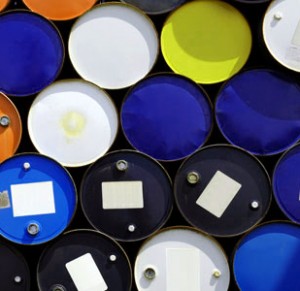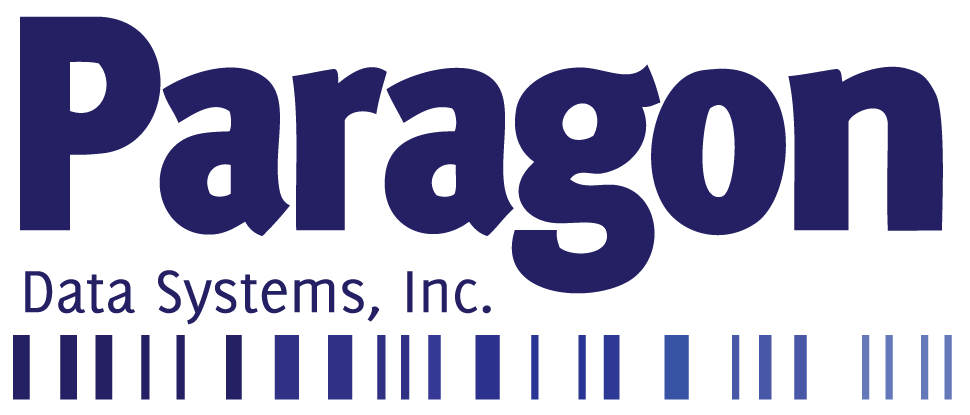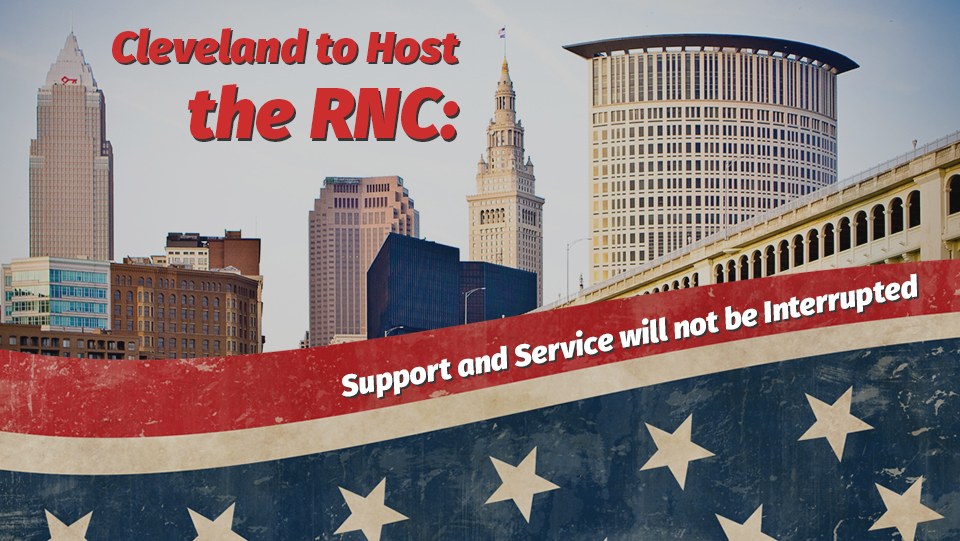GHS Chemical Shipping Compliance Affects more than We Think
 The process of buying, shipping, and storing pesticide chemicals has always been fraught with environmental risk. Improper use and distribution of hazardous materials can cause contamination of groundwater, physical harm, and even birth defects in animals and humans. Concern for the welfare of the planet led governments of almost every nation to develop and impose strict standards on the chemical shipping and manufacturing industries dating back to the 1900’s.
The process of buying, shipping, and storing pesticide chemicals has always been fraught with environmental risk. Improper use and distribution of hazardous materials can cause contamination of groundwater, physical harm, and even birth defects in animals and humans. Concern for the welfare of the planet led governments of almost every nation to develop and impose strict standards on the chemical shipping and manufacturing industries dating back to the 1900’s.
However, as our reliance on the global market only increases, the discrepancies between the regulations of one country versus another makes trade a complicated issue. While European regulations require manufacturers to prove a chemical’s safety before it’s made available for public sale, the American government expects regulators to demonstrate a chemical could become dangerous before they ban or restrict its use and purchase. This means that many chemicals that are banned or heavily regulated in the European Union can be made and sold in the United States, which considerably cuts into profits.
Even the E.P.A., notorious for imposing precautionary mandates, has a much more minimal involvement when it comes to pesticides in order to decrease trade barriers and competition against the U.S. The amended 2010 FIFRA Requirements simply state that “pesticides not approved or registered for use in the U.S. may be manufactured in the U.S. and exported.” FIFRA Section 17(a) requires that “exporters of unregistered pesticides first obtain a statement signed by the foreign purchaser indicating the purchaser’s awareness of that product in the U.S.” In other words, while American companies are expected to conform to certain safety standards, much of the onus is placed on the purchaser to ensure environmental regulatory compliance.
Such vast differences in policy can make things difficult for companies interested in international trade. Discussions over trans-Atlantic trade laws have been underway since 2013. If policies are changed, businesses in both hemispheres would save billions. While the U.S. economy is exhibiting encouraging signs of a slow but steady recovery, Europe is still bogged down with a high unemployment rate. Loosening restrictions and lessening tariffs and fines could help boost sales and production.
However, American trade official Trevor Kincaid has made it clear that no nation intends to abandon the “unique, high standard approaches to chemical regulation” we’ve come to depend on for cleaner, safer shipping.
His counterpart Daniel Rosario, a spokesman for the European Commission, also supports a move towards reducing excessive regulations, though he insists that Europe will not be fully adopting more lax American policies. “Neither full harmonization nor mutual recognition are feasible on the basis of the existing framework legislations,” he stated. “It is therefore equally clear that we are not aiming at a convergence of E.U. and U.S. chemicals regulations.”
As the GHS mandates go into effect this year, it will be interesting to see how the global economy and international trade is affected.
Read more about the international chemical trade negotiations at the N.Y. Times.



